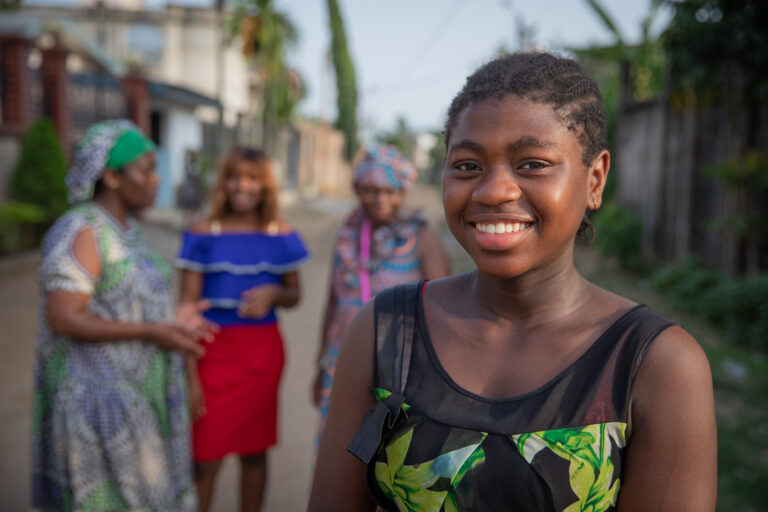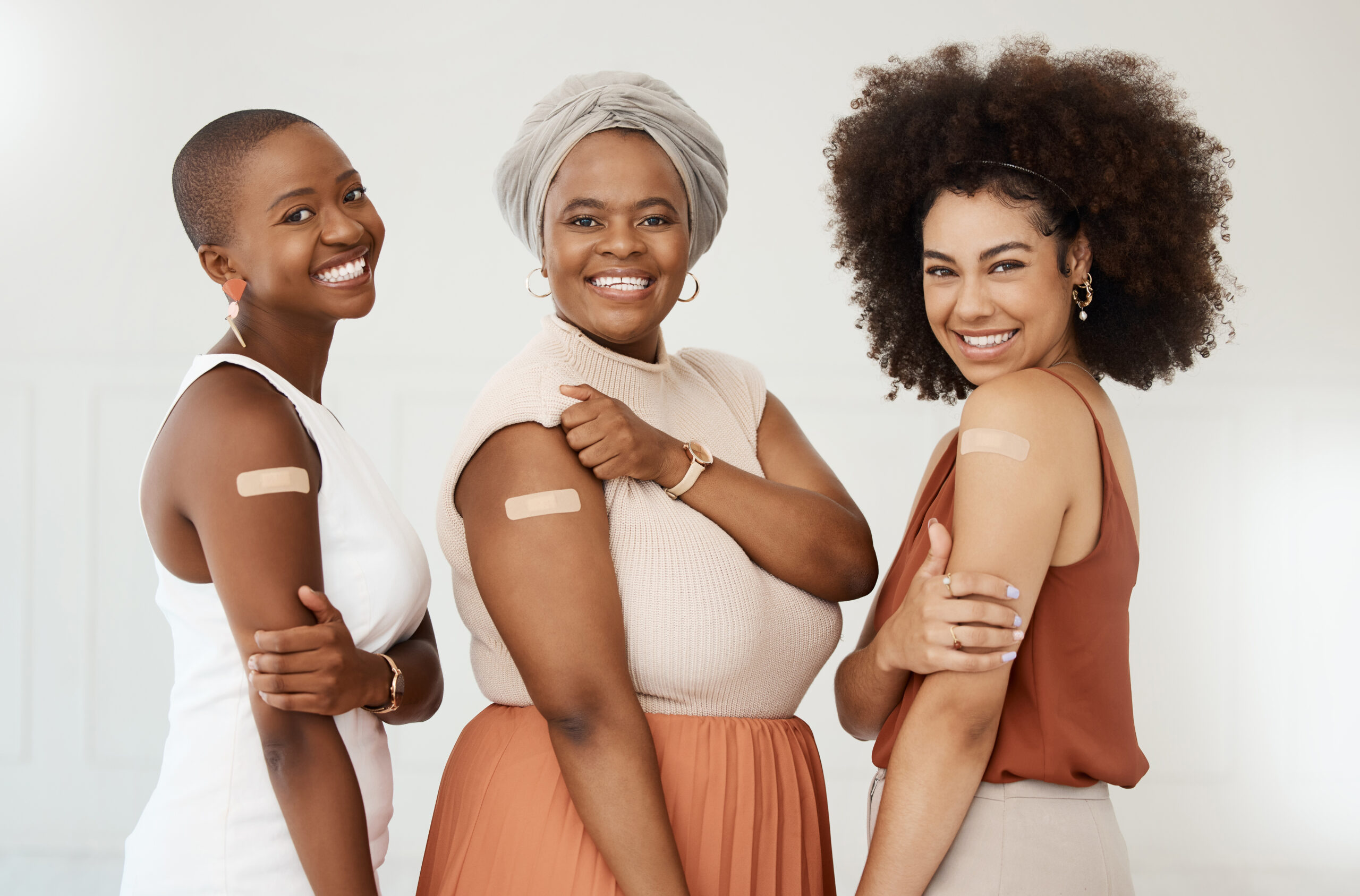Polycystic Ovary Syndrome (PCOS) is a common hormonal disorder affecting millions of women globally—including many right here in Nigeria. Yet PCOS often remains undiagnosed, largely because awareness is low and symptoms can vary from one woman to another.
According to studies, nearly 1 in 12 Nigerian women of reproductive age is living with PCOS, but most don’t know it. And that’s dangerous because untreated PCOS can lead to fertility issues, type 2 diabetes, heart disease, and emotional health struggles.
Knowing the early signs of PCOS is key to seeking proper care and taking control of your reproductive health. Here are the six most common symptoms every woman should look out for:
- Irregular or Missed Periods
PCOS disrupts ovulation, causing irregular menstrual cycles. If you go months without periods or have very unpredictable cycles, this is a red flag. - Excess Hair Growth (Hirsutism)
Unwanted hair on the face, chest, back, or abdomen is a common sign of hormonal imbalance in women with PCOS. It’s caused by elevated levels of androgens (male hormones). - Persistent Acne
Severe acne—especially beyond the teenage years—is often a symptom of PCOS, as the hormonal imbalance causes the skin’s oil glands to overproduce. - Weight Gain or Difficulty Losing Weight
Women with PCOS often struggle with insulin resistance, which makes weight gain—especially around the belly—more likely and harder to manage. - Hair Thinning or Hair Loss
Thinning hair on the scalp or hair loss can also occur due to hormonal imbalance, creating further distress for many women. - Mood Changes & Fatigue
PCOS doesn’t just affect the body—it impacts the mind. Many women with PCOS experience depression, anxiety, and fatigue due to hormonal fluctuations.

Why Early Diagnosis Matters:
Catching PCOS early can help you manage symptoms, protect fertility, and reduce risks of serious health problems. Treatment often involves lifestyle changes, hormone therapy, and nutritional support.
Final Thought:
Awareness is power. The more Nigerian women learn about PCOS symptoms, the more we can push for early diagnosis and better reproductive healthcare. That’s why TheFutureisHer continues to advocate for PCOS awareness across Nigeria and Africa.










